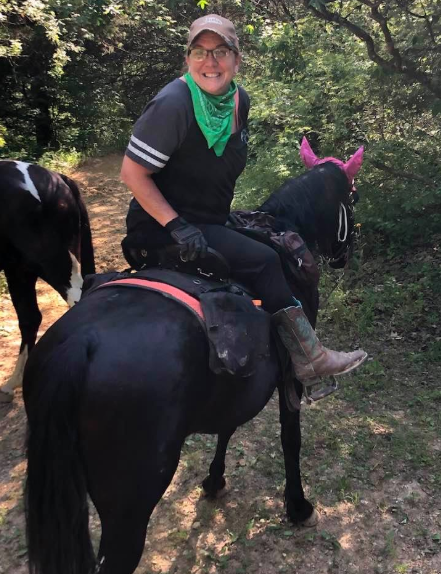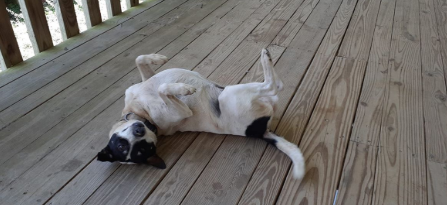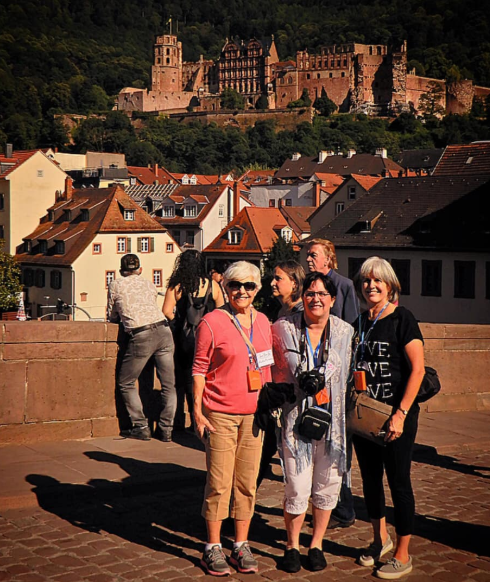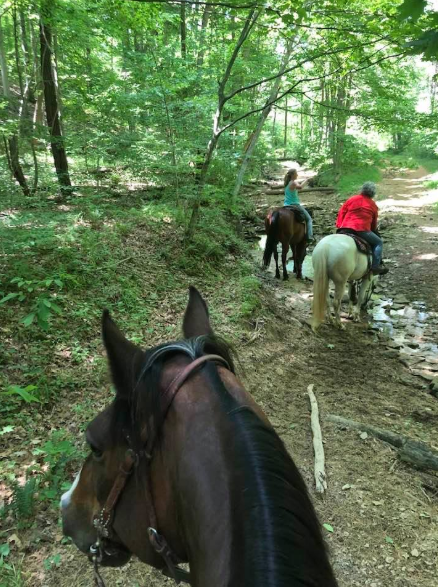|
Sixteen is a magical age. Puberty is finally over and the self-conscious feelings about acne have left no permanent scarring. It's time for high school parties, dating and more importantly, a driver’s license.
Experiencing freedom for the first time from behind the wheel is exhilarating. The realization that the days of taking the bus are over. Life is good. Grab the keys, pick-up the friends, all are ready for a night on the town. The car being driven is an older model, pristine condition, and seats six. With new driver’s license in hand, it’s easy to change the age with black ink or by using an exacto knife to etch a new birth date that says ‘21’. Time to head to the liquor store, the one that sells to minors with a decent fake ID, piece of cake. Purchasing pure grain alcohol is no problem. It will make the perfect Hooch. Six friends head-out to the drive-in movie with a fruity cocktail containing 120-190 proof alcohol. After arriving, it doesn’t matter what ‘flick’ is on the big screen. Everyone’s equipped with red Solo cold cups. Make it a ‘big pour’ with some fruit slices and it’s time to party. At the end of the evening, everyone’s gone. They’ve disappeared. What happened? The six-pack of friends have scattered. All the drive-in hooch buddies are nowhere to be found. Head is pounding and the night is a blur. It happened again. Then, it happens again and again. It’s just the beginning of many years of addiction to drugs and alcohol. Roberta Friend Rhodes is a ‘hometown girl’ from Paducah and experienced many nights such as this before getting the help she desperately needed and wanted. Because of this experience and others like it, Rhodes, affectionately called ‘Berta’ , got the help she needed and decided to ‘pay it forward.’ Rhodes was one of the lucky ones. She had people around her that woke her up to the problems she was having with her addiction. They stayed after her and supported her until she made a decision on her own to seek help. As part of her amends, Rhodes found a program at the Louisville Medical and Dental School that specialized in addiction counseling. Rhodes will admit that her training had a lot to do with her own experiences with alcohol and substance abuse. “By me using drugs and alcohol, going to treatment and completing recovery, it was the best education I could’ve had to better educate and treat others with substance abuse problems,” said Rhodes. After graduating college, Rhodes became a Certified Alcohol and Drug Counselor. Later, she continued her education and became a Licensed Addiction Counselor. Rhodes has treated many patients throughout her years as an addiction counselor. She’s has worked in Kentucky but now treats adolescents and adults with substance abuse and mental health problems in southern Indiana. Rhodes said treating patients during the pandemic has been 'a horse of a different color.' “COVID-19 has really impacted my patients,” she said. “Patients weren’t allowed in the office and therapy sessions had to happen virtually by Zoom. Many of the patients didn’t have mental, emotional or physical support and ended up relapsing.” Rhodes said when patients were finally allowed back into the office, they were scared of exposure to the disease. Coming back into the office setting was good for the interaction but upsetting to think about contracting the deadly virus. “Patients are required to wear masks and though scared of COVID-19, they're very grateful to be able to interact with others again,” she said. Therapy is a two-way street, admitted Rhodes. In order to be able to treat others, she has to take care of her own mental health. Much of her therapy happens outside the traditional office setting. For Rhodes, being outside is the thing that quiets her mind. Being able to garden, camp, travel, take care of the farm, is therapy. Rhodes is a Certified Equine Assisted Psychotherapist and ‘fell in love’ with the treatment. Her affection for animals is undeniable. She has dogs, cats, horses, chickens, ducks, geese, and a parrot and "the only payment required is food," said Rhodes. Rhodes isn't the only one benefiting from equine therapy, her patients do too. Other techniques used in Rhodes’ practice include cognitive behavioral therapy, mindfulness-based counseling, reality therapy, and creative therapy. Cognitive behavioral therapy seeks to change patterns of thinking or behaviors that are behind people’s difficulties. This type of therapy may be referred to as ‘talk therapy.’ Mindfulness-based counseling (MBCT) is a modified cognitive therapy with meditation practice and breathing exercises. According to Psychology Today, MBCT therapists teach clients how to break away from negative thought patterns that can cause a spiral into a depressed state so they will be able to fight off depression before it takes hold. Reality therapy focuses on current issues affecting the person seeking treatment rather than past experiences. This therapy encourages problem-solving and believes that people experience mental stress when their basic psychological needs haven’t been met. Creative therapy is based on the idea that when someone works creatively under the guidance of a qualified therapist, they become more expressive and communicative. Different ways to express oneself through art include drawing, painting, dance, drama, music, and poetry. Rhodes works at the North Clark Medical Group in Jeffersonville, Indiana as an addiction counselor. Though the road has been long, Rhodes has been sober for many years. Her animals are always ever present in her life. She is a Christian and extremely devoted to her family. In addition to her love of God, family, and animals, Rhodes is an excellent photographer. Knowing the path Rhodes has walked down makes one wonder the type of inner strength it must take to, not only pick up her own spirits but help others do the same. When asked what a good day looked like, Berta replied, “A good day for me is when I wake up and say, Thank you God for letting me wake up.”
1 Comment
5/28/2021 12:31:10 am
Reply
Leave a Reply. |
Written by
Liz Latta Archives
July 2021
Categories |






 RSS Feed
RSS Feed